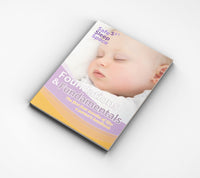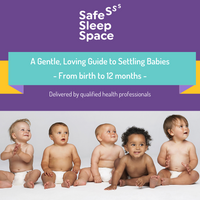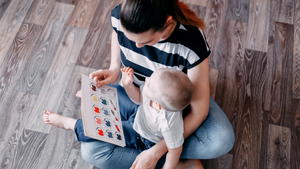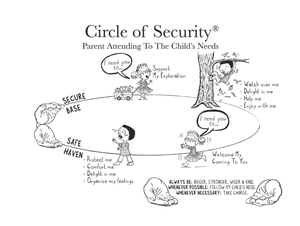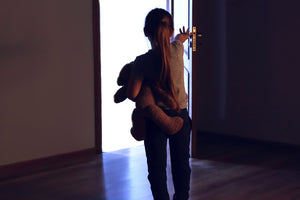Sleep Tip 6 - Is my baby tired?

How do I know when my baby is tired? It's the age old question.
Babies settle to sleep better if they are not overtired. Rather than watching the clock, it’s important to look and listen for signs that your baby is tired. Look out for these tired signs:
- Glazed eyes or long blank stares
- Redness around the eyes and eyebrows
- Jerky movements, fast breathing
- Clinched fists or tense extended arms or legs
- Hiccups
- Some babies may look at you briefly but then turn their heads and look away - this can often be misread as a sign they want to engage with you.
Late tired cues are:
- Squirming vigorously
- Crying
- Yawning
Ideally, you want to begin to settle your baby before they show the late tired signs. So if your baby or toddler is yawning - you are about to miss the sleep window!
Remember....Overtired babies are much more difficult to settle 😴
Key is not to watch the clock but watch your baby!
Your baby will respond best if you can learn to recognise their state of consciousness and respond to their particular needs at the time.
An example of this is what is called a “sleep window”. This is when the chances of them going to sleep are at their highest. Missing this sleep window can mean they become overtired and cranky. Babies are often more difficult to settle when they are overtired.
If a baby is showing tired signs then they need to go to bed.
Babies and toddlers cannot regulate their own big or intense emotions. This means they may feel overwhelmed and show this by crying and being generally unhappy.
Young babies and toddlers need their parents help to soothe them and make them feel safe. An overwhelmed baby is unlikely to sleep. This is intrinsically tied up with their survival needs. In order to go to sleep, they have to feel secure enough to relax and not be vigilant.
The more you can offer calm, gentle and sensitive care when your baby is feeling overwhelmed, the more opportunities you can give them to learn that their emotions don’t need to feel overwhelming and that you are there for them.
Need more help? Check out our Sleep Consultations [here] or our App Rockabub [here] or stay informed on our Facebook page
This article was written by Cindy Davenport, Clinical Director, MCHN, RN, Safe Sleep Space
